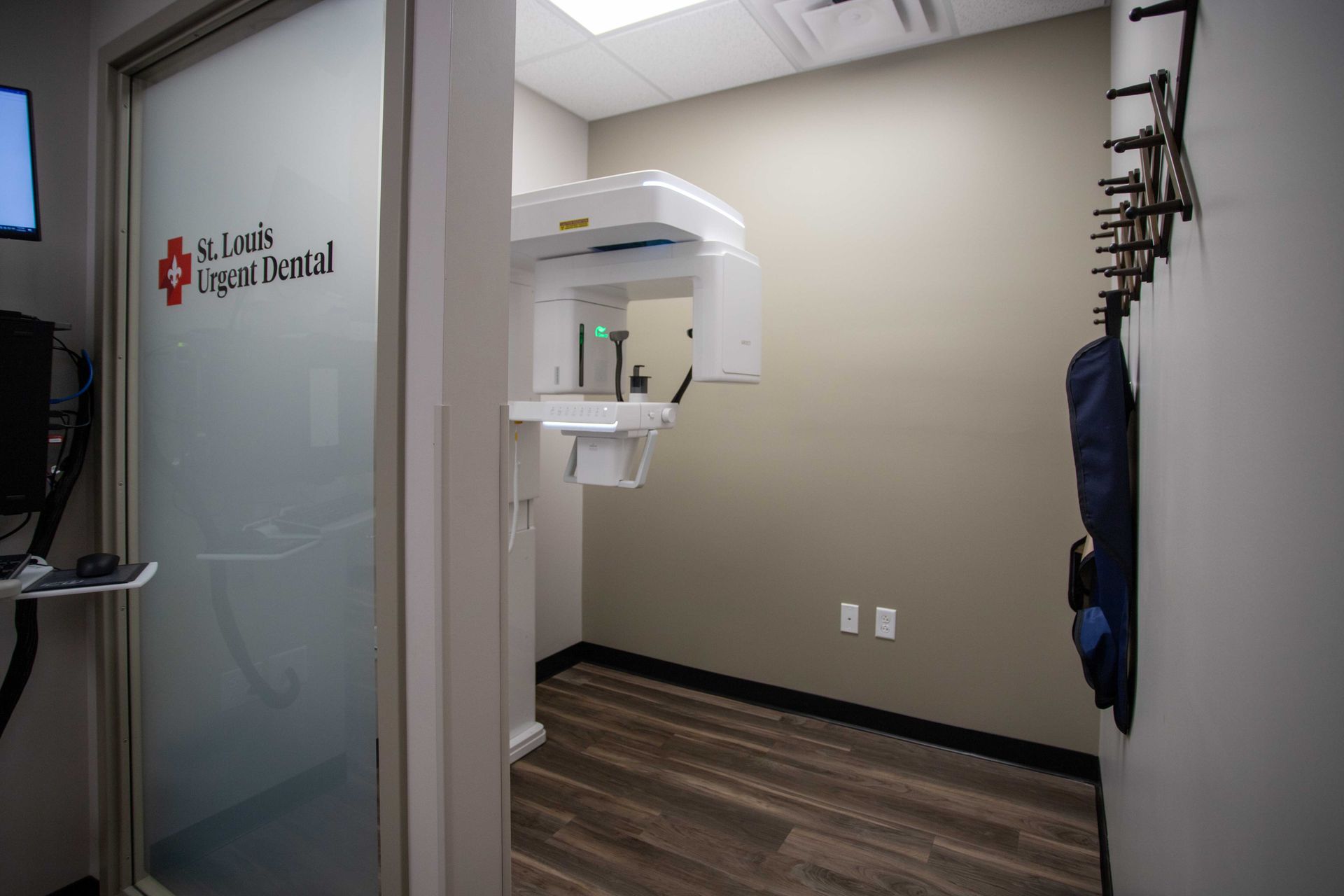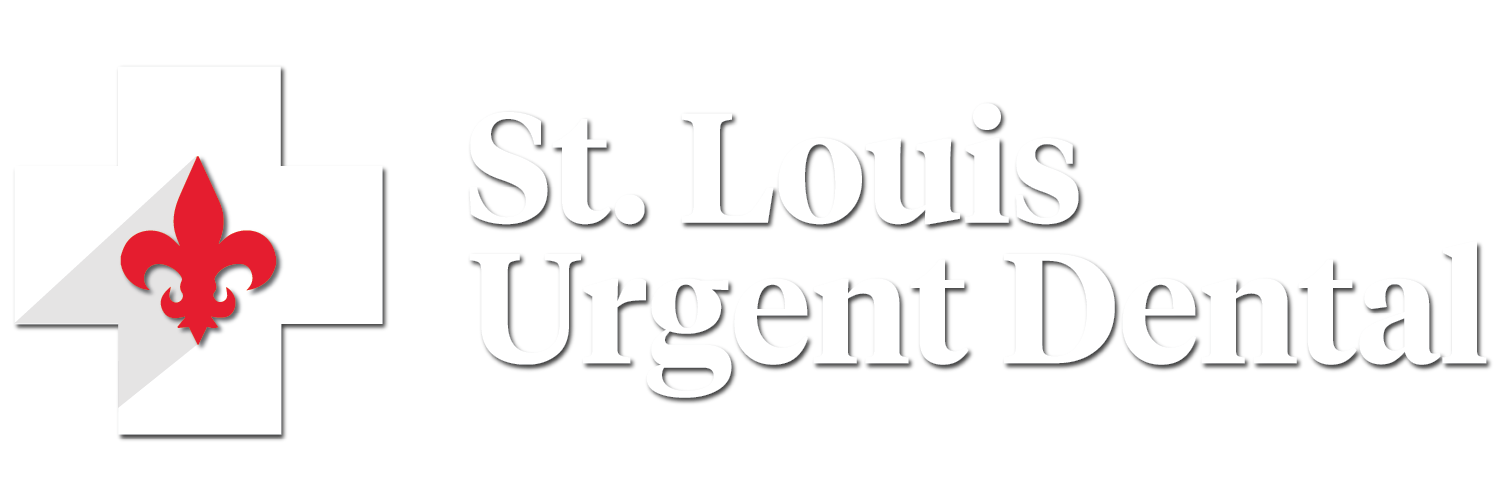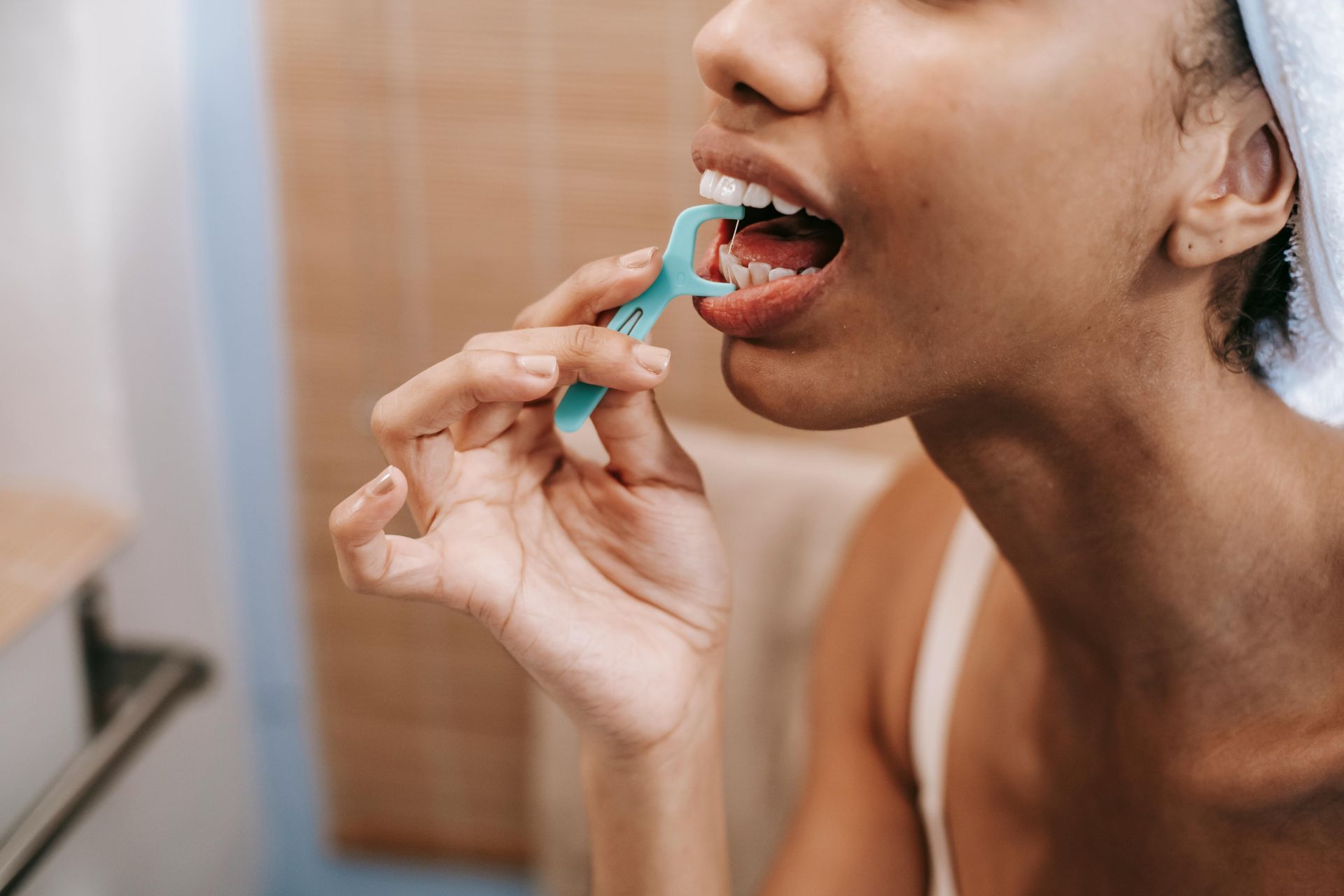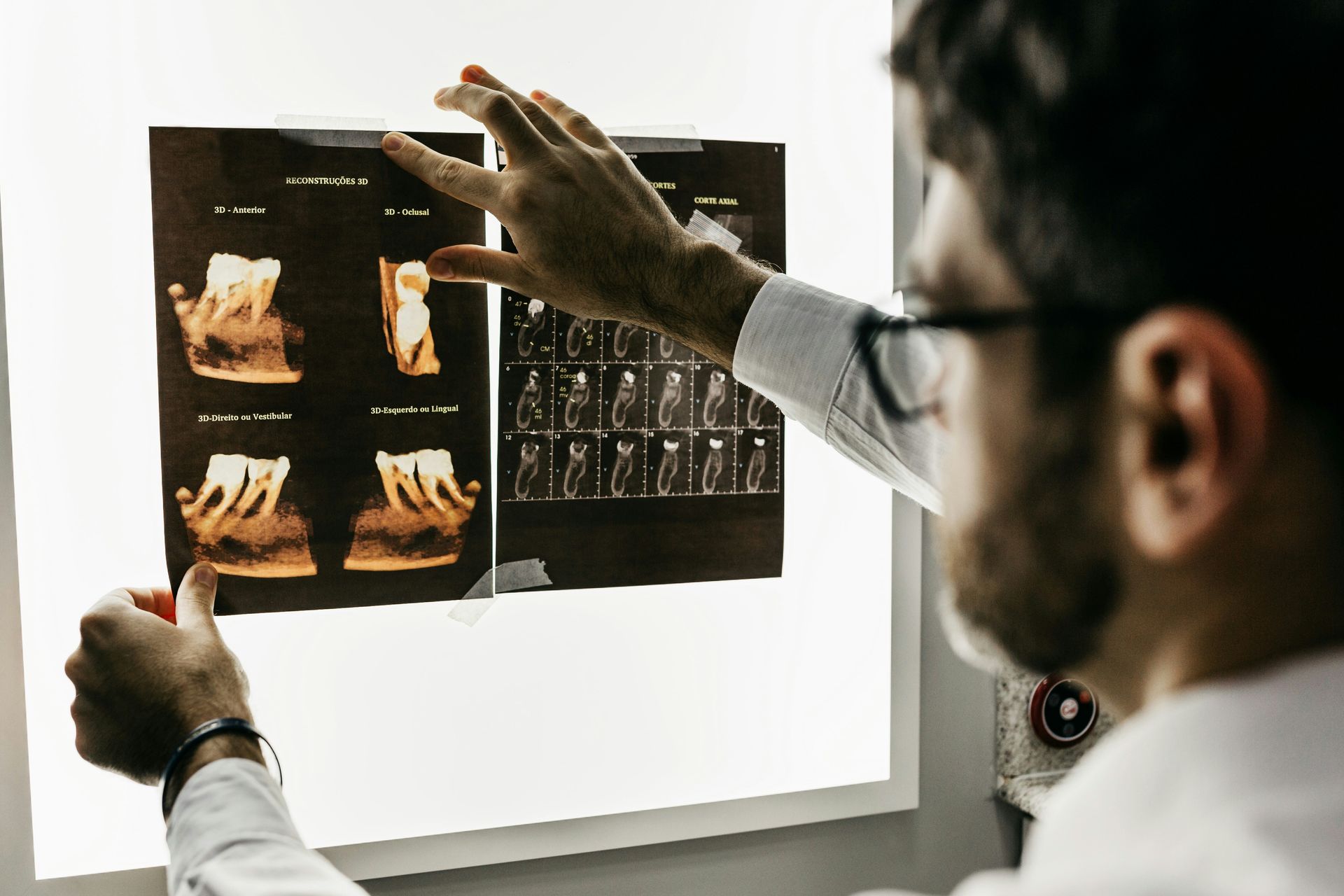Simple Ways to Improve Your Oral Health
Looking at our health from a bird' s-eye view can be daunting. Everything we do or don't do can affect our health; often, our health feels like it is out of our control. Luckily, our oral health becomes less daunting when we consider simple habits that lead to significant improvements over time. Let's check out some simple, straightforward ways to improve oral health.
Brush Twice Daily
Brushing your teeth is the cornerstone of good oral hygiene. It's essential to brush twice daily, in the morning and before bed, using fluoride toothpaste. Brushing helps remove food particles and plaque, a sticky film of bacteria that forms on your teeth. For best results, brush for at least two minutes each time, making sure to clean all surfaces of your teeth, including the front, back, and chewing surfaces.
Floss Daily
Flossing is often overlooked, but it's a critical oral health component. Flossing removes plaque and food particles between your teeth and under the gumline, areas a toothbrush can't reach. Daily flossing helps prevent cavities and gum disease. Use about 18 inches of floss, winding most of it around your middle fingers and leaving about an inch to work with. Gently slide it between your teeth, curving it around each tooth and moving it up and down.
Rinse with Mouthwash
Mouthwash isn't just for fresh breath. An antibacterial mouthwash can help reduce plaque, prevent gum disease, and freshen your breath. Look for a mouthwash that contains dental association-approved fluoride. Rinse with mouthwash once a day, ideally after brushing and flossing.
Drink Water Regularly
Staying hydrated is essential for your overall health and is crucial in maintaining oral health. Drinking water helps wash away food particles and bacteria from your mouth. It also helps support saliva flow, which is vital for neutralizing acids produced by bacteria in your mouth. Make a habit of drinking water throughout the day, especially after meals.

Limit Sugary Foods and Drinks
Sugary foods and drinks are a leading cause of tooth decay. Bacteria in your mouth feed on sugar and produce acids that erode tooth enamel. By limiting your intake of sugary snacks and beverages, you can significantly reduce your risk of cavities. When you indulge in sweets, try to consume them with a meal and drink water afterward to help wash away the sugar.
Chew Sugar-Free Gum
Chewing sugar-free gum after meals can help protect your teeth. It increases saliva flow, which helps neutralize and wash away acids produced by bacteria in your mouth. Saliva also contains calcium and phosphate, which can help strengthen tooth enamel. Choose gum that contains xylitol, a natural sweetener that can reduce the growth of bacteria.
Replace Toothbrush Regularly
Your toothbrush is your first line of defense against plaque and bacteria. Over time, the bristles on your toothbrush become worn and less effective at cleaning your teeth. Replace your toothbrush every three to four months or sooner if the bristles are beginning to fray. Using a worn toothbrush can do more harm than good, as it may not effectively remove plaque and can even damage your gums.
Eat a Balanced Diet
A healthy diet is essential for good oral health. Foods rich in vitamins and minerals, such as fruits, vegetables, lean proteins, and dairy products, can help keep your teeth and gums healthy. Calcium and vitamin D are essential for strong teeth and bones. Avoid snacking between meals, as frequent eating can increase your risk of cavities. Choose healthy options like cheese, yogurt, or raw vegetables if you snack.
Avoid Tobacco Products
Using tobacco products, such as cigarettes and chewing tobacco, can have severe consequences for your oral health. Tobacco use increases your risk of gum disease, tooth decay, and oral cancer. Quitting tobacco can be challenging, but it's one of the best things you can do for your oral and overall health. Seek support from your dentist or a healthcare provider to develop a plan to quit.

Visit the Dentist Regularly
Regular dental check-ups and cleanings are crucial for maintaining good oral health. Your dentist can detect and treat problems early before they become serious. During a dental visit, your dentist will examine your teeth and gums, clean your teeth, and check for signs of cavities, gum disease, and other oral health issues. Most people should see their dentist every six months, but your dentist may recommend a different schedule based on your needs.
Give STL Urgent Dental a Call
Incorporating these ten simple habits into your daily routine can significantly improve oral health and prevent dental problems. At our emergency dental clinic, we know that education and prevention are crucial to maintaining a healthy smile. Start today by adopting these habits and encouraging your family and friends to do the same.
Our St. Louis Urgent Dental team is here to help with your urgent, after-hours dental needs! We are open seven days a week (until 9 pm on M-F). We have three clinics throughout the region to best serve Greater St. Louis.
We are ready to help with dental emergencies, including root canals, crowns, socket grafting, extractions, implants, broken teeth, and more. Check out our procedure pricing and other details here on our website.
Schedule an appointment, and you'll be smiling again in no time!









